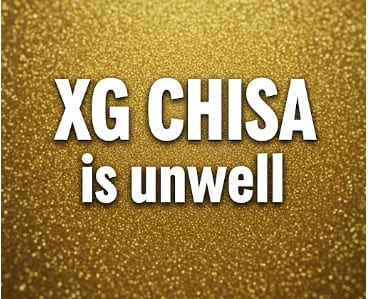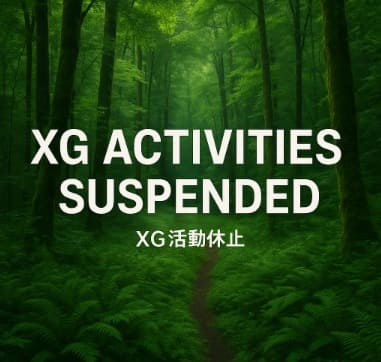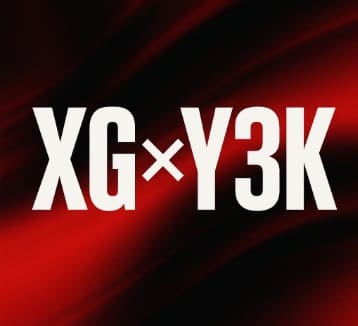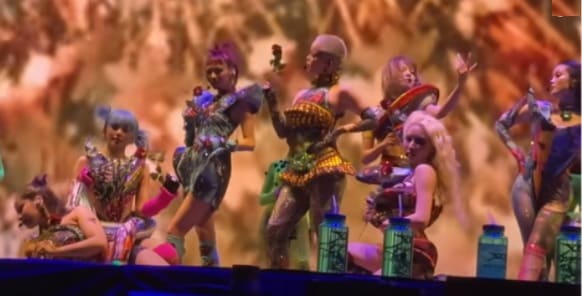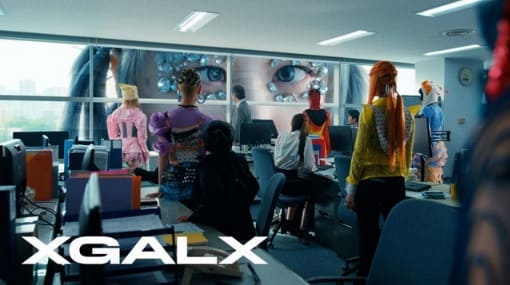
Introduction: What is the XG Simon Controversy?
In recent years, the girl group XG has been gaining attention worldwide. However, Simon, the group’s producer, sparked controversy and debate among fans due to his statements and posts on social media. This article will thoroughly explain the origins and background of the scandal, the responses of those involved, public and fan reactions, and the impact on XG’s future activities. By calmly organizing reliable information rather than misinformation or emotional arguments, we aim to provide readers with accurate understanding. This information will be useful not only for XG fans but also for those interested in the music industry.
1. What was the Origin of the XG Simon Scandal?
The controversy began with remarks made by avex chairman Masato Matsuo on his YouTube program and content posted by XG producer Simon on Instagram. Simon’s statement that “XG is not K-POP” sparked criticism, particularly among Korean fans, who questioned why he would deny K-POP culture despite drawing heavily from it.
The statement was taken out of context and spread, leading to misunderstandings and an online backlash. Some even accused the group of cultural appropriation, turning what started as a simple misunderstanding into a major controversy.
| Speaker | Statement/Post Content | Concerns Raised |
|---|---|---|
| Simon | “XG is not K-POP” | Perceived as denying K-POP |
| Masato Matsuo | “Not K-POP but J-POP” | Fueled genre debate |
2. Simon and the Agency’s Response and Statement
Simon posted an explanation on Instagram, clarifying his intention to dispel misunderstandings. He argued that he wanted to convey the philosophy that “XG is a global group that meets international standards and cannot be categorized as either K-POP or J-POP.” In other words, he explained that his statement was the result of respecting the freedom of musical style and messaging, and that he had no intention of denying a specific culture.
Additionally, XGALX, the agency representing XG, issued a statement on social media to calm the situation, reaffirming its policy of “aiming for diversity and borderless activities.” This statement ultimately helped some fans understand the situation.
3. Fan and Online Public Reactions: Support and Criticism Intertwine
From the outset of the controversy, social media and forums were flooded with mixed reactions. In particular, some Korean K-POP fans reacted sensitively to statements perceived as disrespectful to culture, with criticism such as “XG should not call itself K-POP” and “they are exploiting it for their own convenience” flooding in. On the other hand, there were also many voices praising the freedom of music and global expansion, with supportive opinions such as “I can understand what Simon is trying to say” and “it’s unfair for the entire group to be criticized based on the opinions of a few,” predominantly observed within Japan.
The following table summarizes the trends in reactions on social media.
| Opinion Trends | Main Content | Region/Demographic |
|---|---|---|
| Critics | Lack of respect for K-POP culture | South Korean fanbase |
| Supporters | Context of words should be understood | Japan and international fans |
4. Impact on XG’s Activities and Future Prospects
While this controversy temporarily affected XG’s image, it has not caused significant long-term damage. Instead, it has become an opportunity to highlight the group’s global orientation, musical diversity, and new values.
XG continues to actively release music and perform live, and their fanbase “ALPHAZ” remains strong. Simon has also toned down his public appearances and appears to be focusing on music production. Going forward, it is hoped that they will continue to communicate clearly and respond honestly, while continuing to innovate and push boundaries with their artistry.
5. Summary: What Should We Learn from this Controversy? What Should We Do?
The most important lessons from this controversy are the importance of “properly understanding the context of information” and maintaining a calm perspective that “voices on social media are not the whole picture.” While Simon’s statements did contain some expressions that could be misinterpreted, immediately labeling them as cultural disrespect is an overreaction.
As fans, what we can do is to carefully examine reliable information and hold constructive opinions. We should support the group XG while respecting their musicality and vision. Rather than fueling excessive backlash, we should evaluate the artist fairly and foster a sense of shared growth.
